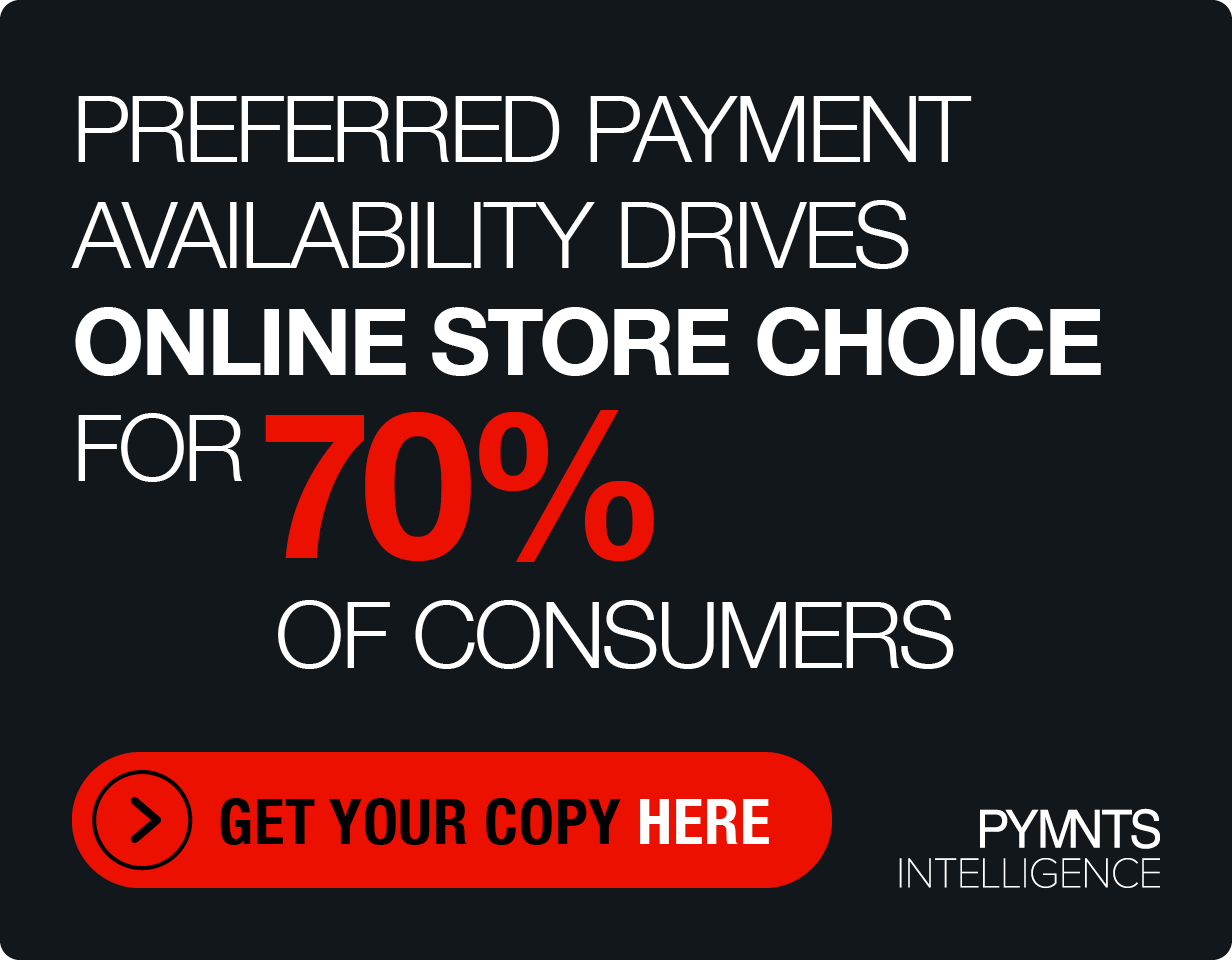More Tokenization and Better Routing Tech to Drive Conversion, Top Line in 2022

The year is almost in the rearview mirror — and looking back, 2021 represents a formative year for payments.
Randy Guard, head of product at Spreedly, told PYMNTS in a recent interview that merchants and payment services have had to grow their digital businesses quickly and at scale, embracing new payments functionality along the way.
“If we summarized the year, there was increased complexity across multiple fronts,” he said, and payments ecosystems evolved rapidly — impacting payment service providers, gateways, merchants and merchant aggregators across the board. Suddenly, handling volume surges, guarding against fraud, onboarding customers and registering them quickly — and being flexible about juggling it all — became paramount.
You may also be interested in: Payments APIs Fast Track Merchant’s Time-to-First-Payment
This all happened because consumers embraced the great digital pivot — ordering groceries for delivery via mobile and using their smartphones to get takeout rather than dining in, to give just two examples.
Spreedly’s enterprise customers, too, are embracing the shift. For example, he noted that one client is now ordering 80% of the services it offers through mobile devices; before the pandemic, it was about 10%.
As a result, said Guard, merchants had to shift, too, to support new forms of payment.
See also: Travel Sites Use Payments Orchestration to Quickly Expand Into New Markets
Against that backdrop, he said, payments orchestration allows merchants to streamline integrating with new payment service providers (PSPs) and embrace a wider range of payment options while lending support on everything from compliance to 3-D secure implementations.
Smart Routing — and Revenue Optimization
Companies expanding internationally work with Spreedly for help with authentication, routing and ensuring that payment gateways are up and running.
A year from now, he predicted, we’ll see the continued emergence of evergreen tokens that can be used to help update accounts and are compatible with any PSP. This can improve authorization rates by several percentage points and is especially valuable for subscription businesses.
Tokenization is part of the firm’s “revenue optimization” efforts, along with smart routing, which is in turn tied to the rules in place that help govern transaction success rates and improve the end customer experience in the process (in one example, DocuSign, in working with Spreedly, has embedded payments into documents).
Fraud, of course, will be top of mind for firms across all verticals as they see rising online transaction volumes. Securing card data in the company’s standards-compliant vault adds a layer of defense.
“We’ve got clients using multiple fraud providers,” he said. “They’ve built that in some cases into their own payments flow … the push for next year is going to be around orchestrating that fraud component so that it now gets fed into revenue optimization, ultimately successfully processing the transaction.”
